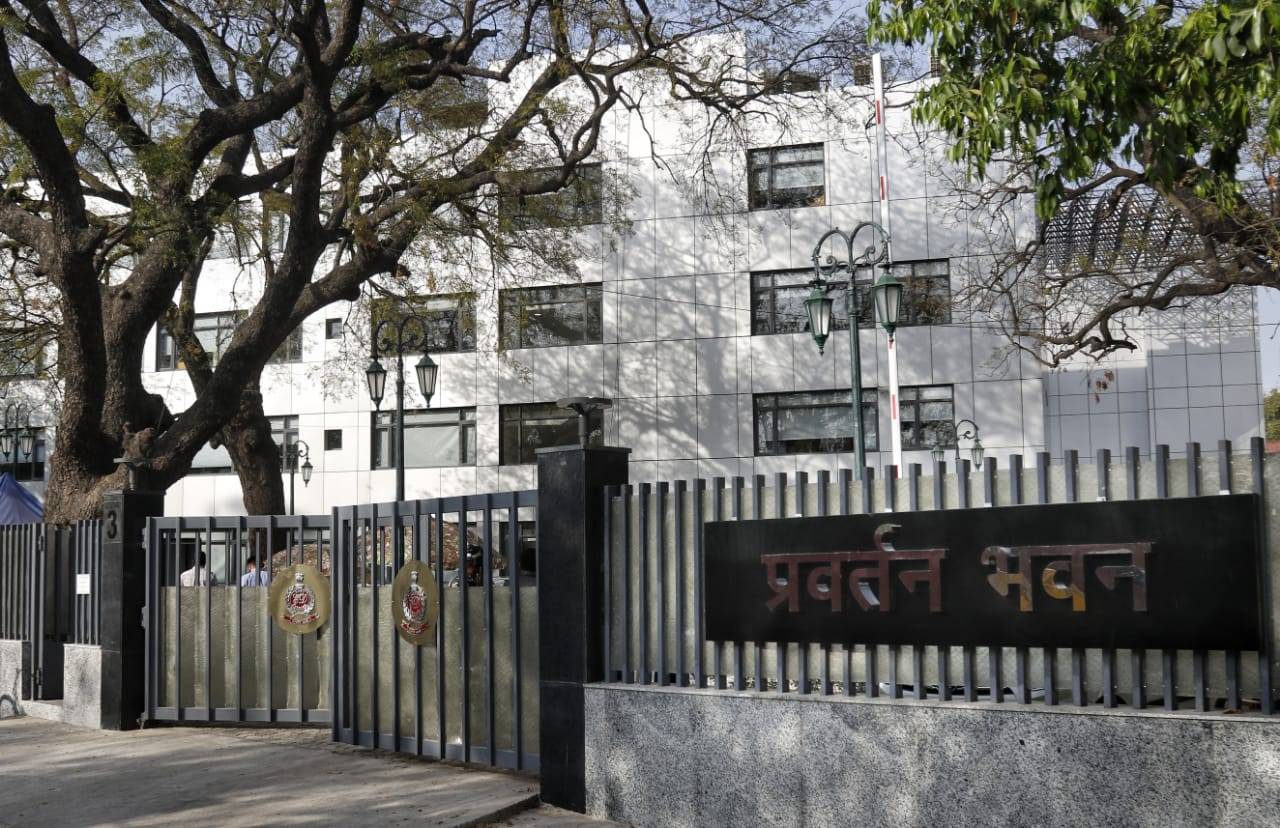In a significant move aimed at providing relief to homebuyers and boosting revenue, the Maharashtra government has halved the penalty for underpayment of stamp duty from 2 percent to 1 percent per month. This decision, proposed by Maharashtra Finance Minister Ajit Pawar during the presentation of Interim Budget 2024-25, is expected to help the government recover dues while easing the financial burden on homebuyers.
Here are five key points that homebuyers should know about this new policy:
1. Reduced Penalty for Underpayment of Stamp Duty
There have been numerous instances where homebuyers have inadvertently paid less stamp duty than required and subsequently faced hefty penalties. To address this issue, the Maharashtra government has introduced a scheme to reduce the penalty levied on the difference in stamp duty amount from 2 percent to 1 percent per month. This scheme, now enacted through an amendment to the Maharashtra Stamp Act, aims to encourage compliance and ensure that the government recovers its dues more effectively.
2. Extended Time Limit for Claiming Refunds
In addition to reducing the penalty for underpayment, the Maharashtra government has also extended the time limit for homebuyers to claim refunds for excess stamp duty paid. Previously, homebuyers had a six-month window to apply for reimbursement. However, under the new policy, this period has been extended to one year. This extension provides greater flexibility and relief for those who have overpaid stamp duty, ensuring they have ample time to claim their refunds without the pressure of a tight deadline.
3. Current Stamp Duty Slabs in Maharashtra
The stamp duty rates in Maharashtra vary depending on the location and the value of the property. Generally, the stamp duty ranges between 5 percent to 7 percent of the total agreement value. This rate differs from city to city, with metropolitan areas like Mumbai, Pune, and Nagpur typically having higher rates. In addition to the stamp duty, homebuyers are also required to pay a registration fee. For properties valued up to ₹30 lakh, the registration fee is 1 percent of the total agreement value. For properties exceeding ₹30 lakh, the registration fee is capped at ₹30,000 across the state.
4. Stamp Duty Concession for Women Homebuyers
In an effort to promote home ownership among women, the Maharashtra government offers a 1 percent concession on the total stamp duty amount for properties purchased in a woman's name. This incentive, however, is only applicable if the property is solely or jointly registered under the woman’s name. If the property is registered under both male and female names, the concession does not apply. This policy encourages women to invest in real estate, thereby contributing to gender equality in property ownership.
5. Revenue Collection from Stamp Duty
Stamp duty is a significant source of revenue for the Maharashtra government. In the financial year 2023-24, the revenue collected from stamp duty payments across the state crossed the ₹50,400 crore mark, representing a 13 percent increase compared to the ₹44,000 crore collected in the previous financial year. Major cities like Mumbai, Pune, and Nagpur contributed the highest to this revenue, reflecting the robust real estate activity in these urban centers. This increased revenue from stamp duty not only supports the state's financial health but also funds various infrastructure and development projects.
Impact and Implications of the New Policy
The Maharashtra government's decision to reduce the penalty on underpayment of stamp duty and extend the refund claim period is expected to have several positive impacts. For homebuyers, this move provides substantial financial relief and reduces the burden of penalties. It also encourages more accurate and timely payment of stamp duty, fostering a more transparent and compliant real estate market.
For the government, the revised policy is likely to enhance revenue recovery by making it easier for homebuyers to settle their dues. The extension of the refund claim period also demonstrates a customer-centric approach, acknowledging the practical challenges that homebuyers face in claiming refunds.
Furthermore, the stamp duty concession for women aligns with broader social goals of empowering women and promoting gender equality in property ownership. This incentive, coupled with the revised penalty structure, creates a more inclusive and supportive environment for homebuyers in Maharashtra.
Conclusion
The Maharashtra government's recent amendments to the stamp duty policy are a welcome development for homebuyers. By reducing the penalty for underpayment, extending the refund claim period, and providing concessions for women, the government has taken significant steps to make homeownership more accessible and financially manageable. These measures are expected to boost compliance, enhance revenue recovery, and promote a more equitable real estate market in the state. As homebuyers navigate these changes, they can look forward to a more supportive and transparent process for managing their stamp duty obligations.
Image source- Pinterest









.png)